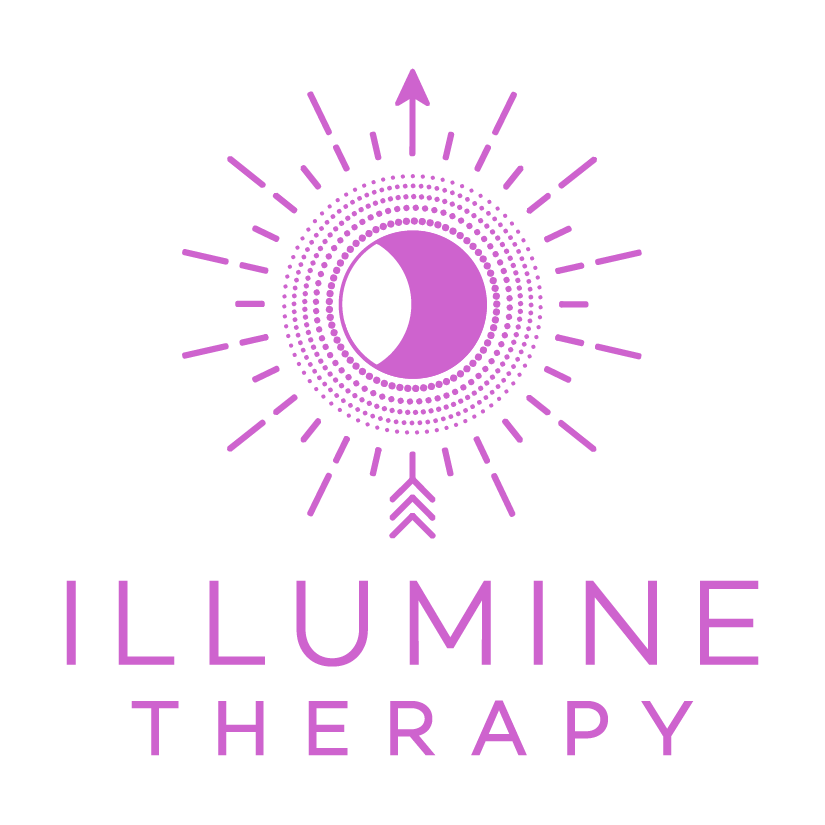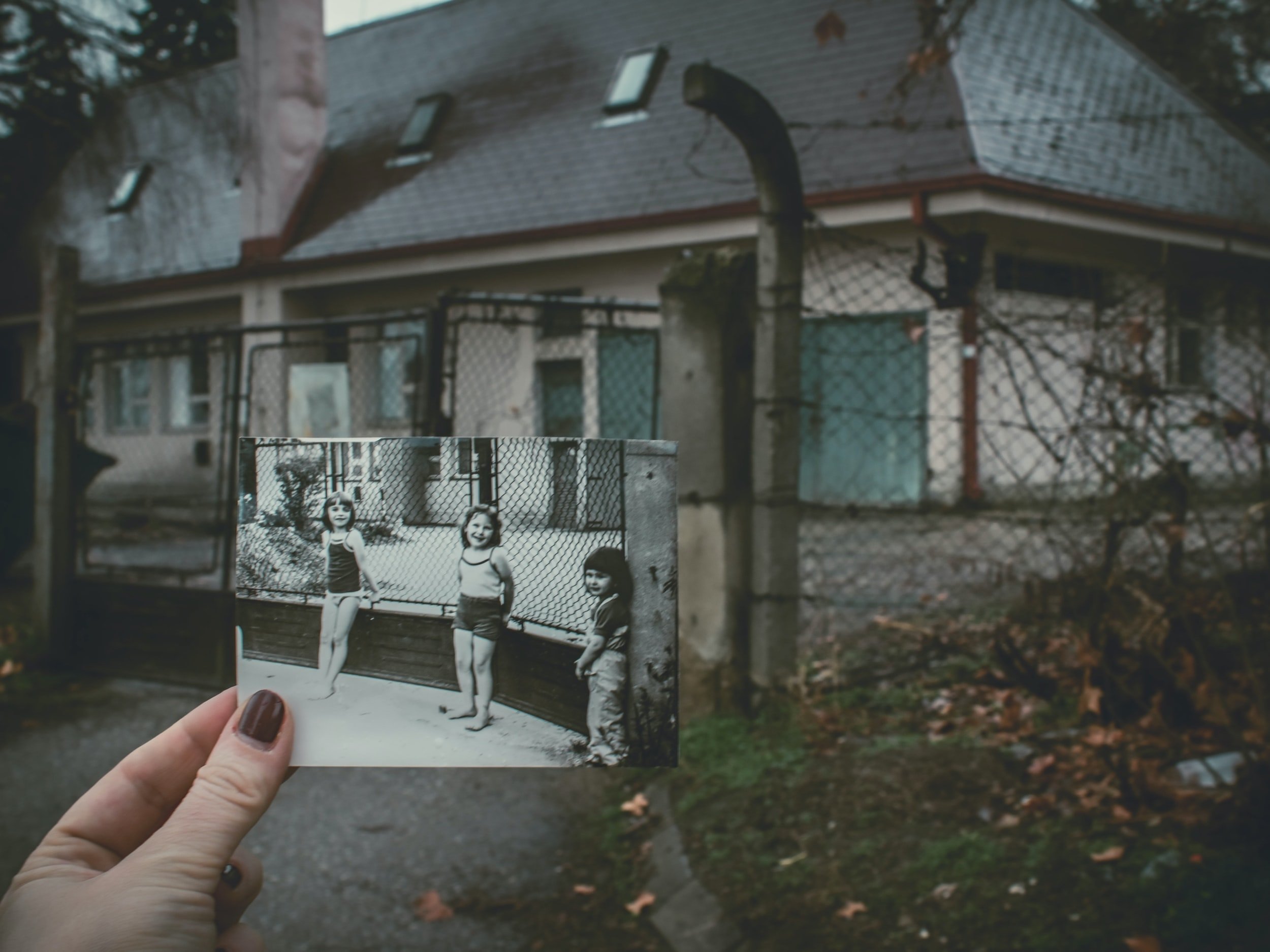The impacts of childhood trauma (2/5):
We now know that childhood trauma can have a profound and lasting impact on a person's life. Many individuals have written about this and research has come a long way. We now know that traumatic events in childhood can shape a person's beliefs, emotions, and behaviors well into adulthood.
In this blog, we'll explore the effects of childhood trauma and offer tips on how to heal from traumatic experiences.
Effects of Childhood Trauma
Impact on Mental Health: Childhood trauma can lead to a range of mental health problems, including depression, anxiety, post-traumatic stress disorder, and substance abuse.
Impact on Relationships: Childhood trauma can make it difficult to form and maintain healthy relationships, as it can lead to trust issues, emotional dysregulation, and difficulty with intimacy.
Impact on Self-Esteem: Childhood trauma can lead to feelings of shame, guilt, and low self-esteem. This can impact a person's ability to feel confident and successful in their personal and professional life.
Impact on Physical Health: Childhood trauma has been linked to a range of physical health problems, including chronic pain, heart disease, and autoimmune disorders.
Here are a few tips for healing from childhood trauma
Seek Professional Help: Healing from childhood trauma can be a complex and difficult process. Seeking professional help from a therapist or counselor who specializes in trauma can be a helpful first step. You can also join a trauma therapy group to be around others who are on their journey.
Develop Coping Skills: Developing coping skills such as meditation, exercise, and breathing techniques can help regulate emotions and manage stress. One breathing technique many of my clients like is box breathing. You breathe in for four seconds, hold for four seconds, breathe out for four seconds, and hold again for four seconds. Repeat as many times as you'd like.
Build Support Systems: Building supportive relationships can be a helpful way to receive emotional support and encouragement. It also helps to build trust and feel safe. Also, depending on the trauma, it can help some individuals learn to rely on people and know that not all people will hurt them.
Practice Self-Compassion: It's important to treat yourself with compassion and understanding as you work through the effects of childhood trauma. This can include practicing self-care, self-forgiveness, and self-love. Take a moment during the day or at night to place one hand on your heart and one hand on your stomach and let yourself feel contained by your hands. This can be a small act of self-compassion. You can do this for a moment or for a few minutes.
Take Steps Toward Recovery: Taking steps toward recovery can include setting achievable goals, learning new skills, and seeking out new experiences that help to build self-esteem and confidence. I have many clients who connect back to their creative side and begin new skills such as painting or baking.
In conclusion, childhood trauma can have a profound and lasting impact on a person's life. However, there is hope and change is possible. Many people come to me not sure if things can be different. With a plan, support, and a way forward healing can begin. As a trauma therapist who specializes in EMDR therapy, Brainspotting therapy, and Sensorimotor Psychotherapy I am here to help. These therapy methods have been shown to help individuals who have experienced trauma move forward with their life. Reach out today.

